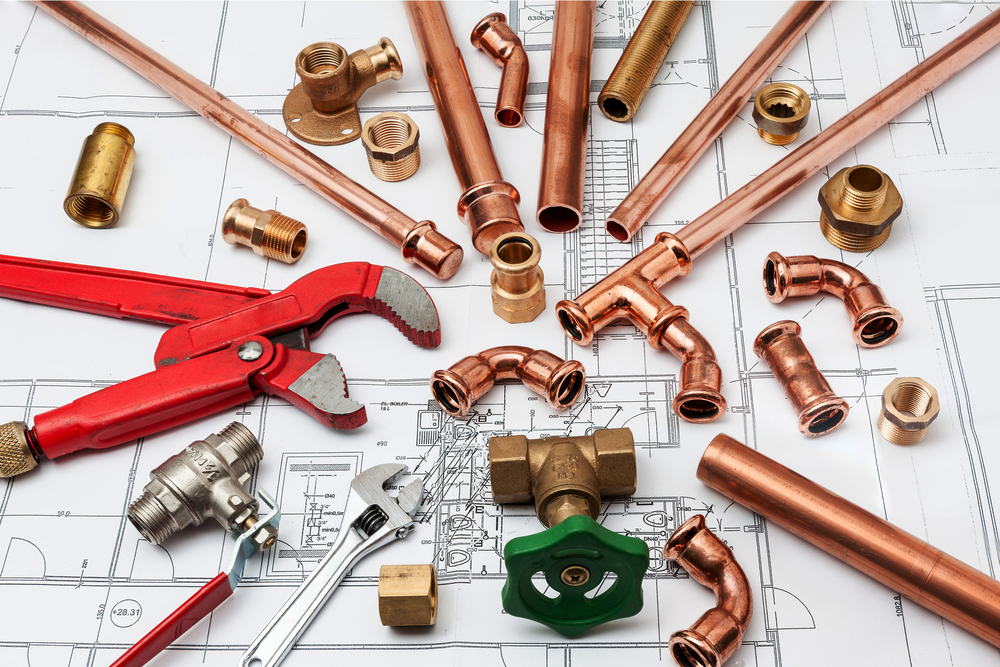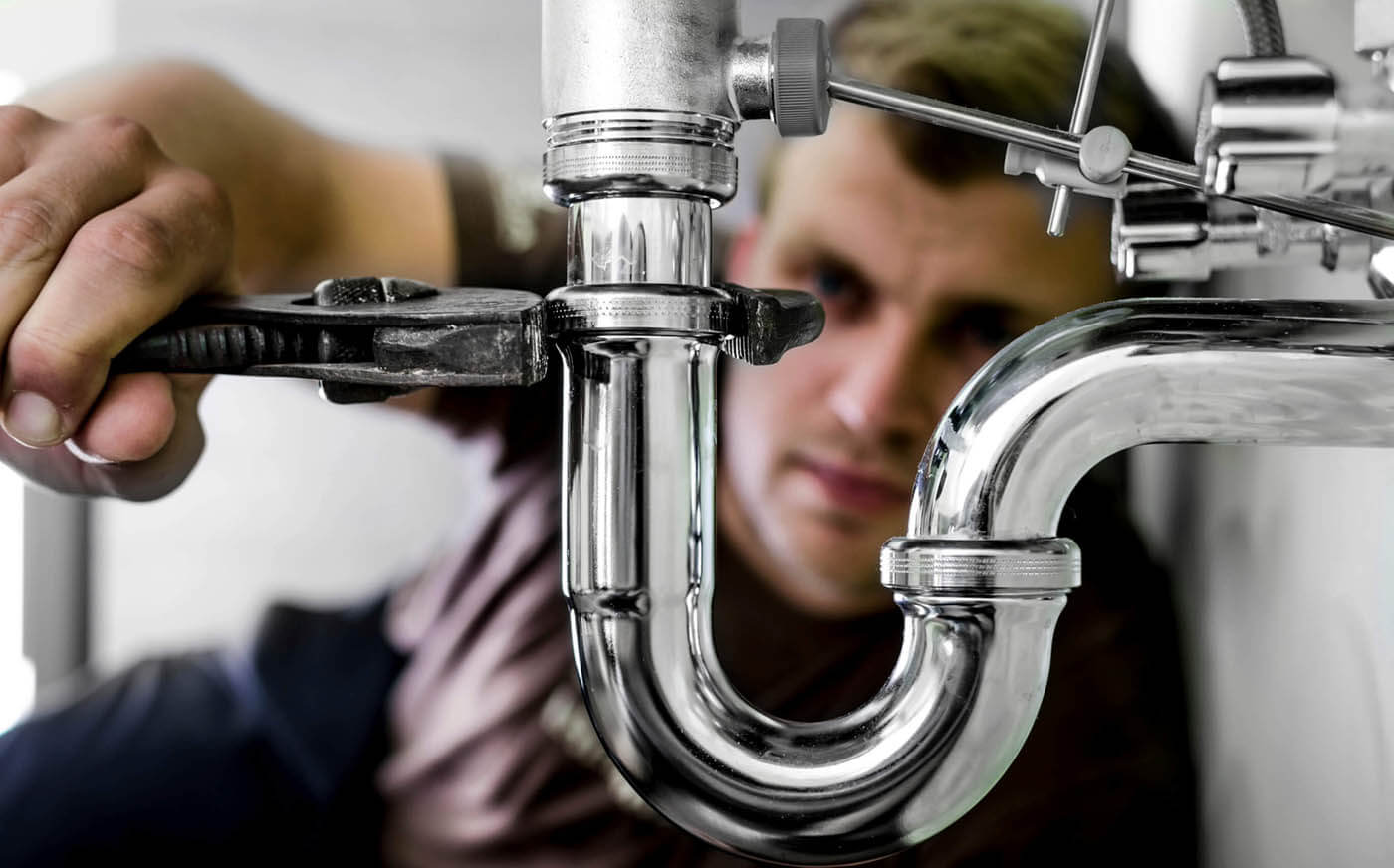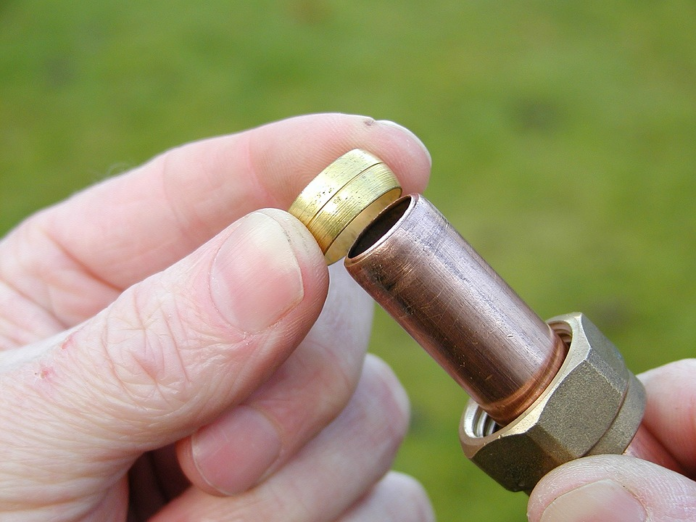Having your plumbing system inspected regularly has its benefits. It ensures that everything is running properly. You can identify potential problems before they get out of hand. Being proactive can save you both time and money.
If you’re doing a plumbing inspection for the first time and don’t know where to start, we’ve got you covered. A proper plumbing inspection must cover the following:
Toilets
Leaks and cracks are common issues that may occur in your toilet over time. With a proper inspection, you can identify them before they get out of hand. It can help you avoid the need for costly repairs.
Main Line Stoppages
Your plumber will inspect your sewer line to ensure that there are no cracks or bad joints. If there is a buildup of tree roots or other foreign objects, they may cause blockages. If you’re noticing a bad smell in your bathroom, this might be the cause.
Water Heaters
Your traditional water heaters can be expensive, and they are some of the biggest consumers of energy in your home. It is, therefore, important to ensure that they are in their best condition. During a regular inspection, your plumber will check the tank for sediment buildup and leaks. They will inspect the pressure valve and temperature as well.
Showers, Sinks, and Tubs
Regular inspections make it possible to identify issues such as hidden leaks and mineral depots that may restrict the flow of water, as the experienced La Canada Flintridge plumbers share. If you suspect something like this might be happening, you may need a plumber to help with the process of repairing faulty sinks, tubs, and showers if necessary. If these issues are left undetected for a long time, they can turn into costly repairs.

The benefits of regular plumbing system inspections include:
Identifying Potential Issues
During the inspections, your plumber may help you identify any problems or potential weaknesses in your sewer or plumbing system. The smallest crack can escalate into major leaks if it is not corrected in time. Without an inspection, it is easy to overlook the issue.
Improved Lifespan
A plumbing system that is inspected regularly is likely to have a long lifespan. You will be able to detect potential problems during their initial stages, and you can maintain the smooth functioning of your system for a long time. The inspections keep your pipes free of leaks and clogs. Excessive stress on your plumbing system may reduce its lifespan.
Information
One of the most important benefits of plumbing inspection is that you can get all the information you need. When speaking with your plumber, they can provide you with answers to most of your problems. Consider asking the following questions:
- What can I do to reduce my water bills?
- What should I do in case of an emergency?
- Can you tell me the cause of my problem and what I can do to prevent it?
- Is my plumbing system in good condition?
- What chemicals are safe to pour down the drain?
- What are effective home remedies for clogged drains?
Saving Time and Money
If potential plumbing problems become a reality, they may interrupt your daily routine. They can be costly to fix, and water damage can have a severe impact on your structures. Regular maintenance allows you to avoid inconveniences, such as being unable to use your sink or having to turn the water off.
Inspections save you money on water bills. Leaking pipes and running pipes can waste a lot of water, causing you to pay unnecessarily high water bills. A regular inspection may be one of the simplest ways to lower your bills.
Better Water Flow
Proper plumbing system maintenance prevents mineral buildup and clogs hence maintaining good water flow. If there are any clogs in your system, you are likely to have poor water flow. In the worst-case scenario, your drains can be completely clogged.

Protecting the Main Sewer Line
Your main sewer line is the foundation of your plumbing system. It connects your system to the city’s sewer. During your regular inspections, you can find out if there is a problem with your mainline. Main sewer line problems are best addressed early as they can be very expensive.
Improved Air Quality
Regular inspections may help you improve the quality of your indoor air. If your pipes or faucets are leaking, the moisture may promote the growth of mold and mildew, which affect your air quality. The presence of mold and mildew in your home may trigger respiratory problems.
Promoting a Healthy Water System
Regular inspections keep your water tanks clean, which is essential for your health. Your plumber may offer professional tank cleaning services to keep your water clean and safe.
Fewer Repairs
Regular inspections help you reduce the need for repairs, which can be expensive and inconvenient. Your plumber can detect problems such as leaky pipes and minor clogs and deal with them before they turn into serious issues. Most repairs are the result of small plumbing issues that were left for too long.
Maintenance reduces the need for plumbing emergencies that can be destructive and frustrating.
Improved Home Value
Your plumbing systems may account for up to 10% of your general home value. With regular maintenance, you can ensure that your home retains its maximum value. It can improve your home value significantly.
Improve Water Pressure
Good water pressure is amazing, but you can easily take it for granted. Low water pressure can be frustrating, especially in the shower, sinks, and faucets. Regular inspections may help you detect faulty leaks before they affect your water pressure.

Detecting Pipe Corrosion
During routine inspections, your plumber will help you identify the material used to construct your pipes and its susceptibility to rust. If you have older pipes, they may be made with galvanized iron, which is prone to corrosion. Your plumber may suggest that you replace them.
Your home’s plumbing system is important, and being proactive about its care is always a good idea. Consider scheduling a plumbing inspection with a reputable and experienced plumber at least once every year, even if everything seems to be right. They will inspect your primary sewer line, showers, tubs, sinks, and water heaters. If there are potential problems or weaknesses, they can be addressed before they get out of hand.


















